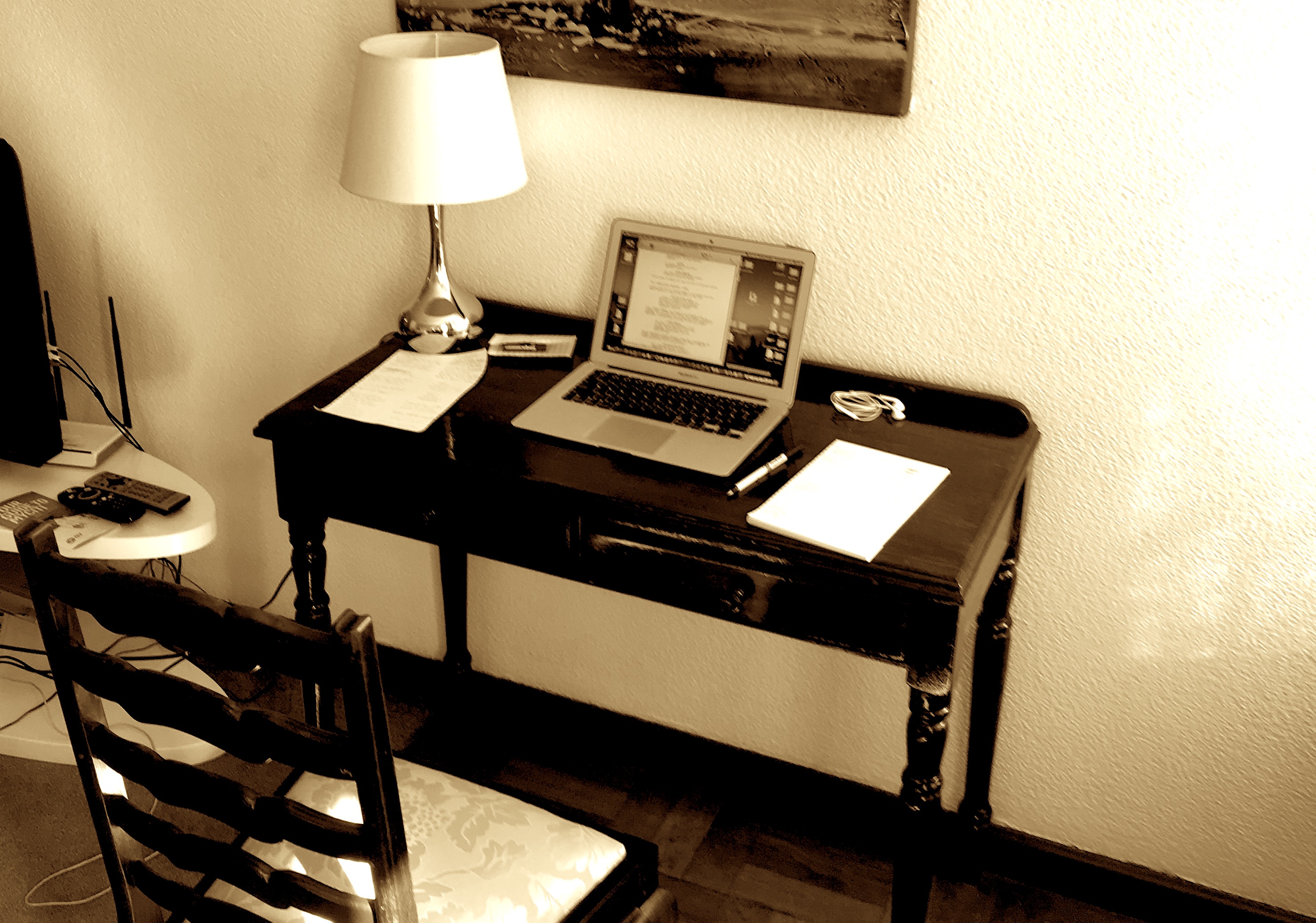I try to discourage the preoccupation with “being a writer”. I don’t even let my students talk about it. The writing suffers under that kind of self-consciousness. I failed one student a Duke. His mother called me and said, “He doesn’t usually fail. He’s a good student, and he wants to be a writer.” I said, “Yes he wants to be a writer, but he doesn’t want to do the hard work of writing. And he doesn’t want to revise, and if we tell him anything, he doesn’t like to hear he doesn’t come back to class.”
–Elizabeth Cox, in Identity Theory interview (2001)
The only training for writing is writing — and reading and reading and writing some more. Writing can’t be taught, it can only be done; and reading the masters of the trade is a good way of seeing how it can be done in myriad voices and contexts. All the worthwhile training I’ve done is private, and at my desk; by contrast, I studied literature and nothing but literature for eight years, and feel that that has only hindered and encumbered me as a would-be writer.
— Pico Iyer, in Don George’s, Travel Writing (2013)
Sometimes when I was starting a new story and I could not get it going, I would sit in front of the fire and squeeze the peel of the little oranges into the edge of the flame and look out over the roofs of Paris and think, ‘Do not worry. You have always written before and you will write now. All you have to do is write one true sentence. Write the truest sentence you know.’ So finally I would write one true sentence, and then go on from there. It was easy then because there was always one true sentence that I knew or I had seen or heard someone say. If I started to write elaborately, or like someone introducing or presenting something, I found that I could cut that scrollwork and ornament out and throw it away and start with the first true simple declarative sentence I had written. Up in that room I decided that I would write one story about each thing that I knew about. I was trying to do this all the time I was writing, and it was good and severe discipline.
–Ernest Hemingway, A Moveable Feast (1964)
With Ragtime I was so desperate to write something, I was facing the wall of my study in my house in New Rochelle and so I started to write about the wall. That’s the kind of day we sometimes have, as writers. Then I wrote about the house that was attached to the wall. It was built in 1906, you see, so I thought about the era and what Broadview Avenue looked like then: Trolley cars ran along the avenue down at the bottom of the hill; people wore white clothes in the summer to stay cool. Teddy Roosevelt was president. One thing led to another, and that’s the way the book began, through desperation to those images.
–E.L. Doctorow, interviewed in the Paris Review (1986)
Sometimes, if things are going badly, I will force myself to write a page in half an hour. I find that can be done. I find that what I write when I force myself is generally as good as what I write when I’m feeling inspired. It’s mainly a matter of forcing yourself to write. There’s a marvelous essay that Sinclair Lewis wrote on how to write. He said that most writers don’t understand that the process begins by actually sitting down.
–Tom Wolfe, in A Guide to the Craft of Fiction (2003)

